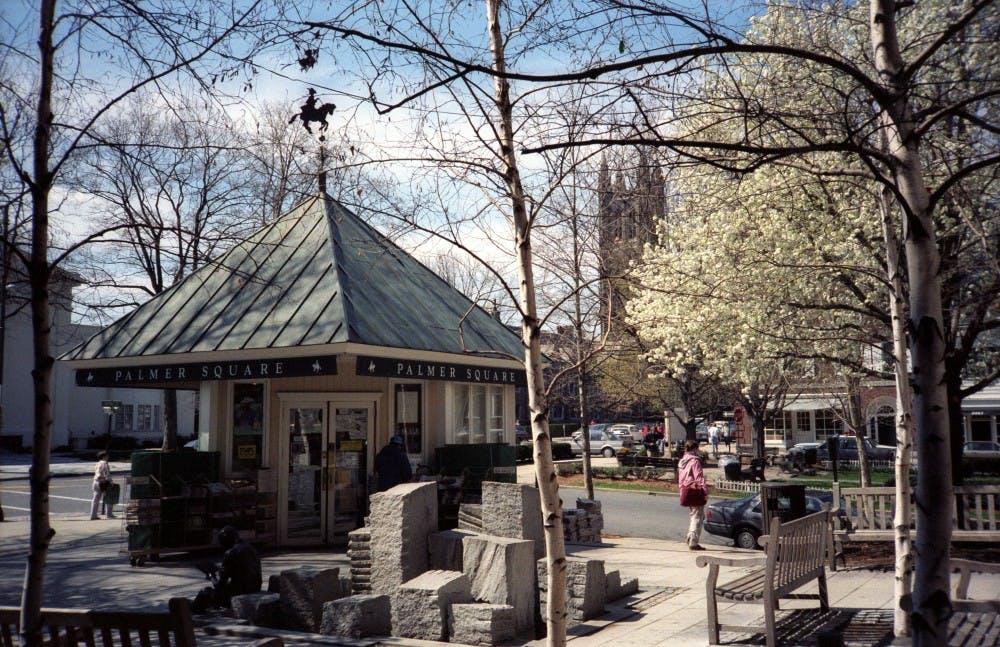On Sept. 9, the Princeton Town Council passed Resolution 19-278, declaring that the second Monday in October would be henceforth known as Indigenous Peoples’ Day in the Princeton municipality.
In an effort to “[reaffirm] the municipality’s commitment to promote the well-being and growth of indigenous communities” and “encourage the development and dissemination of truthful representations and acknowledgements of wrongs,” the council resolved to support the institution of Indigenous Peoples’ Day in lieu of the federal holiday Columbus Day.
“The issue was recommended to [the] council about a year ago by a group of citizens who came to the council meeting and spoke during the public comment period,” Princeton Mayor Liz Lempert explained.
“We referred the idea to our Civil Rights Commission to do further research and come back to council with a proposal,” she said. “At the time, there was general consensus among Council that it was something we were interested in moving forward on."
The resolution also acknowledges the land of the Nanticoke Lenni-Lenape Tribal Nation on which the municipality was built, as well as the forced diaspora of other Native nations and indigenous peoples in the Americas at large. It “commends the Princeton Public Schools” for their ongoing efforts to incorporate the histories and cultures of indigenous peoples into their curricula in order to “revise distorted history of ‘Indians.’”
“[Indigenous Peoples’ Day] is part of a larger effort by the municipality and other groups in the community to more fully confront our history,” Lempert said. “We have a tendency to tell part of the story but not all of it, and when you do that, and you don’t have a full understanding of your past, it’s harder to build a truly inclusive community.”
Lempert added that Indigenous Peoples’ Day will still be a regular work day during which municipal offices will be open and operating, but the hope was to inspire more “community engagement” around issues facing indigenous peoples.
“We often will partner with the [Princeton Public] Library for community conversations or book talks, and I can see arts organizations being involved, especially in future years, figuring out how they might want to be part of the community effort,” Lempert replied when asked about what this community engagement might look like.

“We have other nonprofits, not in our town, who hold community conversations about race — there’s the YMCA, the YWCA, our public schools,” Lempert elaborated. “My hope would be that each of these different organizations would engage with these issues and challenge themselves to look at our history more fully in a way that makes sense for each of them.”
The history of Indigenous Peoples’ Day itself dates back to 1977, when it was proposed by a delegation of Native nations at the International Conference on Discrimination Against Indigenous Populations in the Americas. Several states, such as Maine, Vermont, and New Mexico, as well as several cities, have since begun to recognize Indigenous Peoples’ Day.
Princeton is the second city in New Jersey to officially recognize Indigenous Peoples’ Day, after the mayor of Newark changed the name from Columbus Day in 2017.









